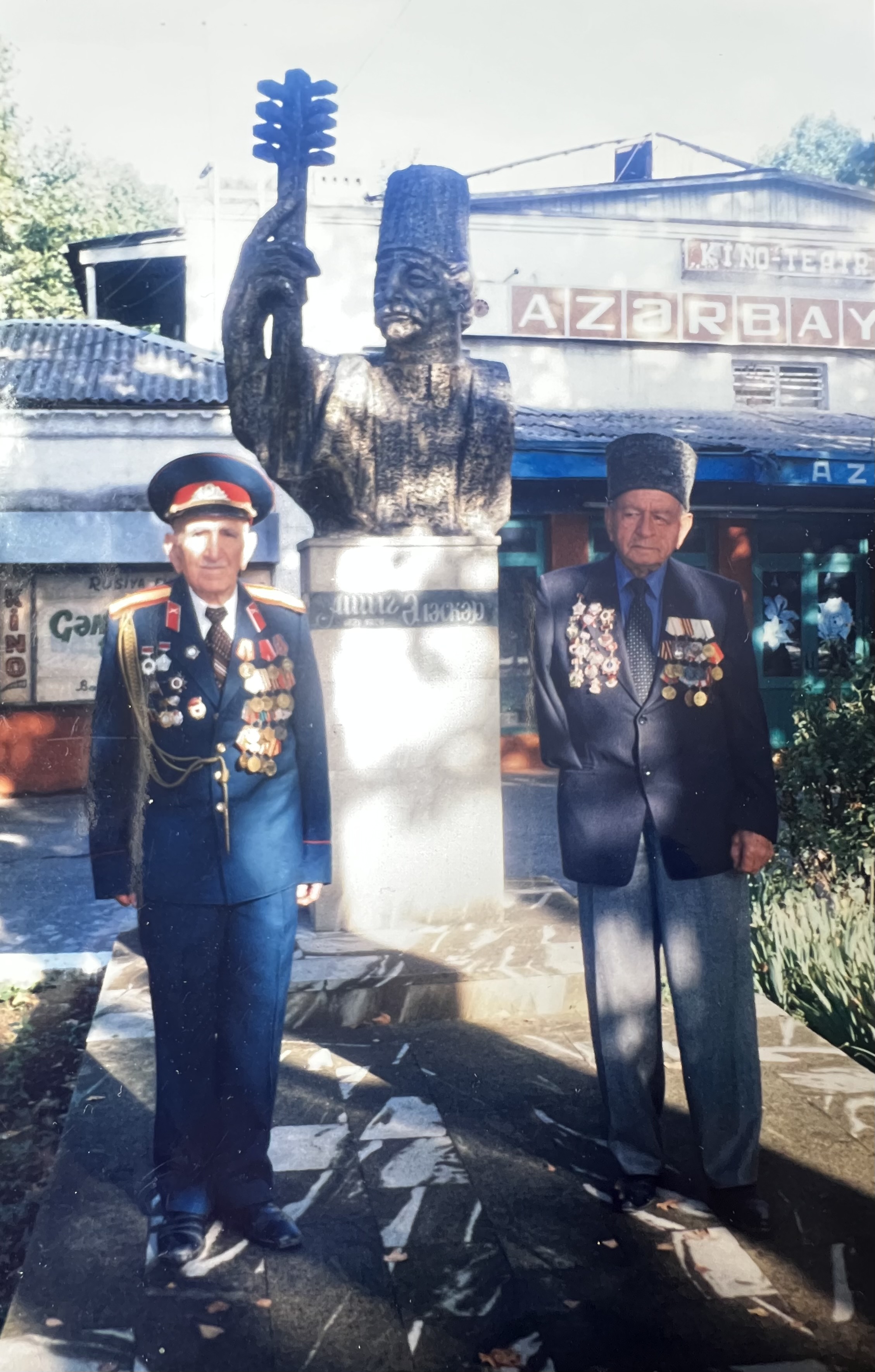
About us
The surname Dilbazi is very well known not only in Azerbaijan but also far beyond it. Beginning from the 14-th century this surname was often to be found among the intellectuals, poets, writers, people of art, military men and business people. The Dilbazi’s ancestors lived in the village Khanlyglar of the Qazakh District (Azerbaijani: Qazax ) which is one of the 66 districts of Azerbaijan Republic. It is located in the north-west of the country. The region was conquered by a succession of neighboring powers or invaders, including Sassanid Persians, the Byzantine Empire, the Mongols, Safavid Persians. It was also ruled by Ottoman Empire between 1578 and 1607 and again 1722 and 1735. By the end of the XV century, the Qazakh Sultanate was established as a sovereign geopolitical entity in the region.
Qazakh Sultan Shamsaddin was given the rank of Khan by the decree of Abbas the Great in 1605 and by this time for heroism and courage on the battlefields some representatives of Dilbazi family were given titles of beks-aghalars.
So they acquired lands and built mansions in the center of Qazakh district. After the Russo-Persian War (1804-1813), the Russian Empire gained control of the area by virtue of the Treaty of Gulistan. Under Russian rule, it was part of Tiflis Governorate before forming the northeastern part of the Qazakh Uyezd of the Elisabethpol Governorate in 1868. The nobility was granted to Dilbazi family by Russian Emperor Nicholas I by his decree from 1846 . The lands and properties of Dilbazi family was granted to the family as well. The Bek Commissions existing in the 40-70’s of the XIX century regulated the rights of the of the local nobility (beks, agalars, vekils, sultans, khans) of the Caucasus region. As the history implies the titles of beks-agalars spread among the people of Caucasus were granted by supreme rulers (khans, shakhs, sultans) to the leaders of tribes and nomadic communities, individuals who manifested courage in battlefields as well as for the merits to the state and were hereditary. Beks-aghalars were considered to be the upper class in the feudal social hierarchy.
So they acquired lands and built mansions in the center of Qazakh district. After the Russo-Persian War (1804-1813), the Russian Empire gained control of the area by virtue of the Treaty of Gulistan. Under Russian rule, it was part of Tiflis Governorate before forming the northeastern part of the Qazakh Uyezd of the Elisabethpol Governorate in 1868. The nobility was granted to Dilbazi family by Russian Emperor Nicholas I by his decree from 1846 . The lands and properties of Dilbazi family was granted to the family as well. The Bek Commissions existing in the 40-70’s of the XIX century regulated the rights of the of the local nobility (beks, agalars, vekils, sultans, khans) of the Caucasus region. As the history implies the titles of beks-agalars spread among the people of Caucasus were granted by supreme rulers (khans, shakhs, sultans) to the leaders of tribes and nomadic communities, individuals who manifested courage in battlefields as well as for the merits to the state and were hereditary. Beks-aghalars were considered to be the upper class in the feudal social hierarchy.
The Soviet power which was established in Azerbaijan in 1920 proclaimed the abolition of social classes and equality of citizens, confiscated landowner's lands and distributed them among the peasants as well as initiated the widespread persecution and repressions against nobility and since Dilbazi family belonged to bek-aghalar class they were repressed. Some of them joined the anti-Soviet insurrectionary movement and died and many were arrested as ”the enemies of the new regime and collectivization” and sent with their families to the desolated steps of Kazakhstan, shot without charge or trial at the decision of the three of the People’s Commissariat of National Security (“the three” was the commission consisting of three people who passed extrajudicial judgments in the USSR in 1930’s). To escape this lot some families of the Dilbazi clan preferred to leave the Qazakh district. During the period of the new wave of repressions of 1937-1938 years almost all the surviving representatives of the family out of “returnees” were executed.
With the collapse of the USSR and the establishment of the democratic republic of Azerbaijan, the Dilbazi family managed to regain their former influence. Democratic Azerbaijan, with the establishment of a market economy and the right to private property has opened up new opportunities for the Dilbazi family to start a business, to explore new creative, cultural and economic projects.
Nowadays, the members of the Dilbazi family are worthy of their ancestors and are active participants in the social, political, cultural and economic life not only of Azerbaijan Republic but all over the world.
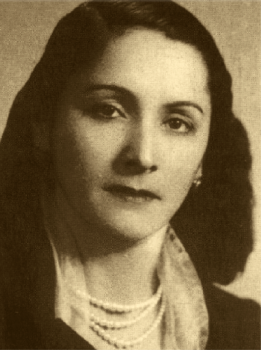
Amina Dilbazi
People of arts and literature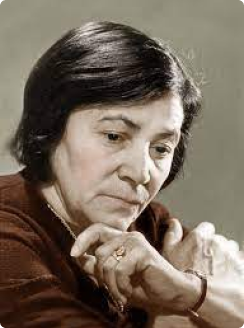
Mirvarid Dilbazi
People of arts and literature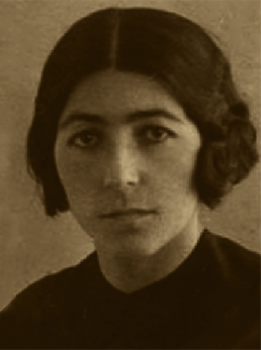
Yaqut Dilbazi
People of arts and literature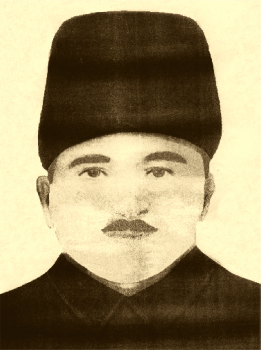
Osman Agha Dilbazi
Business people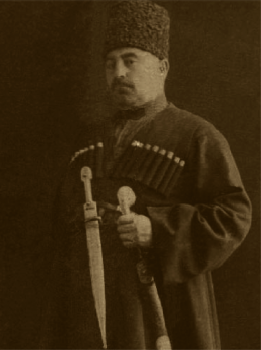
Chingiz Agha Dilbazi
Business people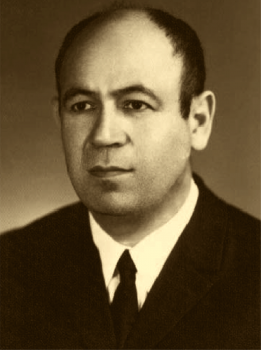
Nadjmeddin Dilbazi Hajiyev
Health officials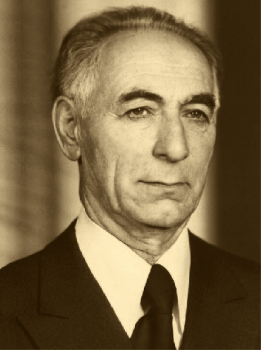
Haji Dilbazi
Health officials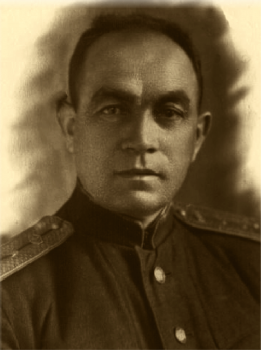
Mustafa İbrahim Agha Dilbazi Hajiyev
Business people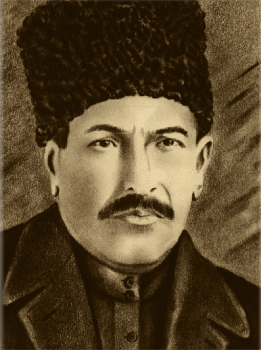
Tahar Agha Dilbazi
Business people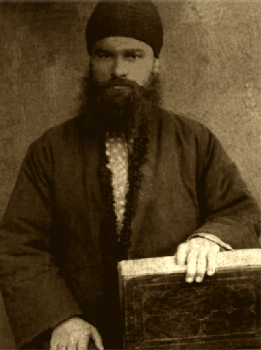
Jamal Agha Dilbazi Giryan
People of arts and literature
Eltay Dilbazi
Business people
Abdurahman Agha Dilbazi
People of arts and literatureSubscribe
Keep up with the news


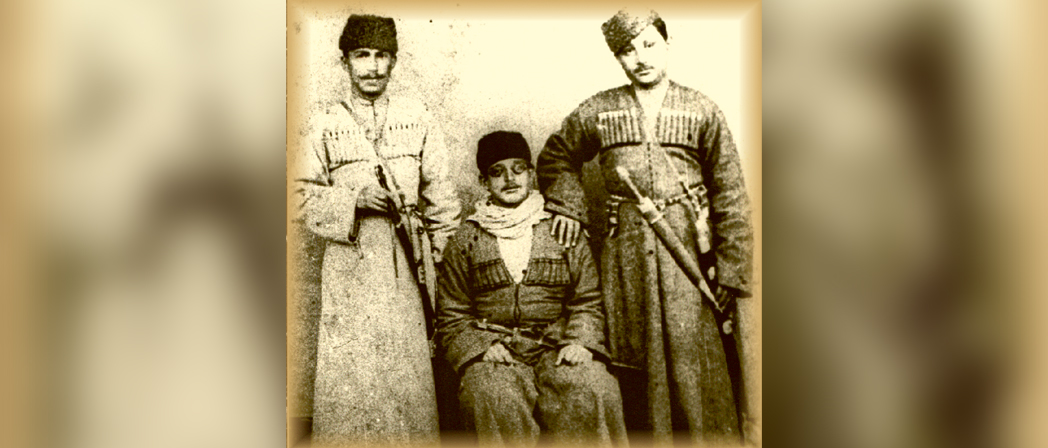
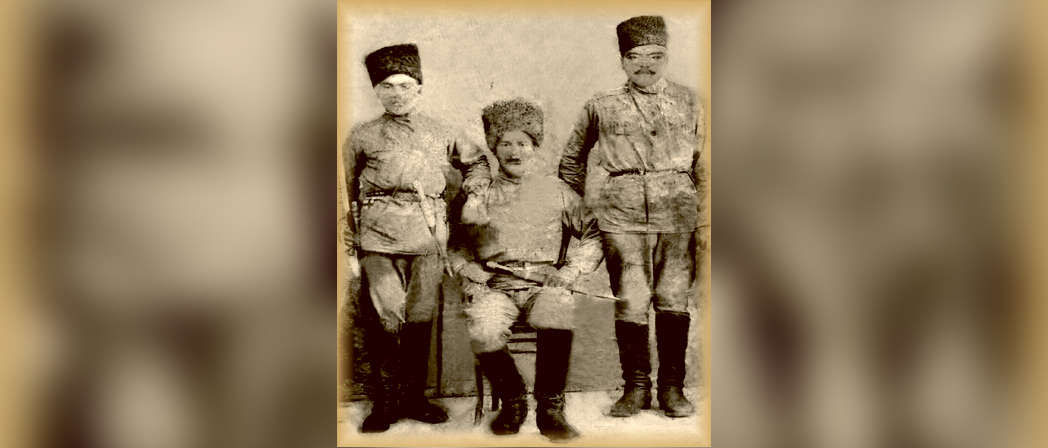
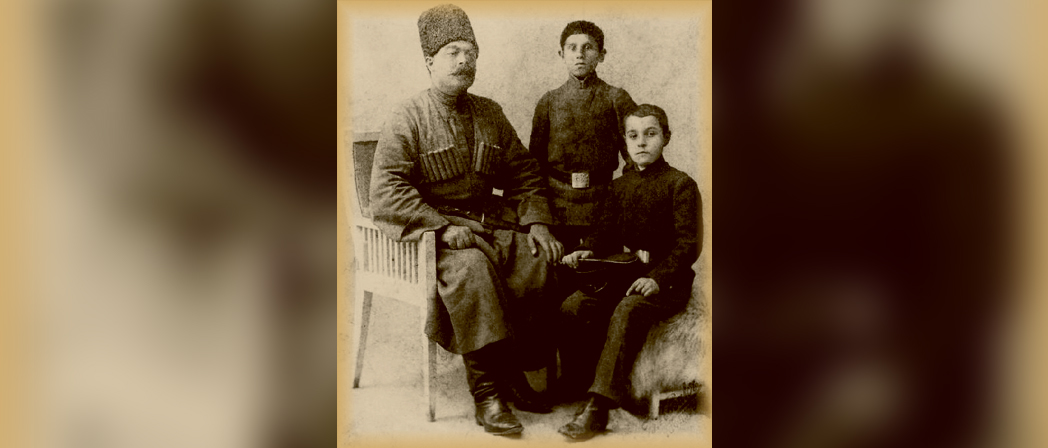
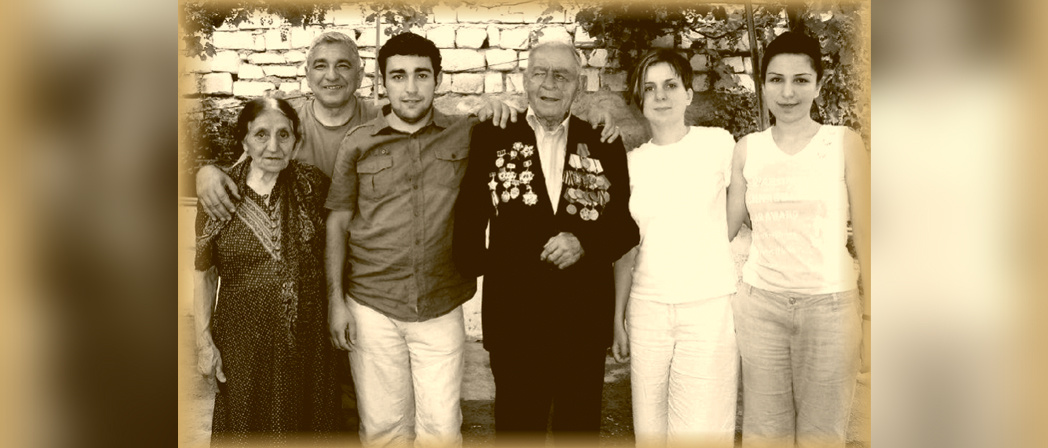

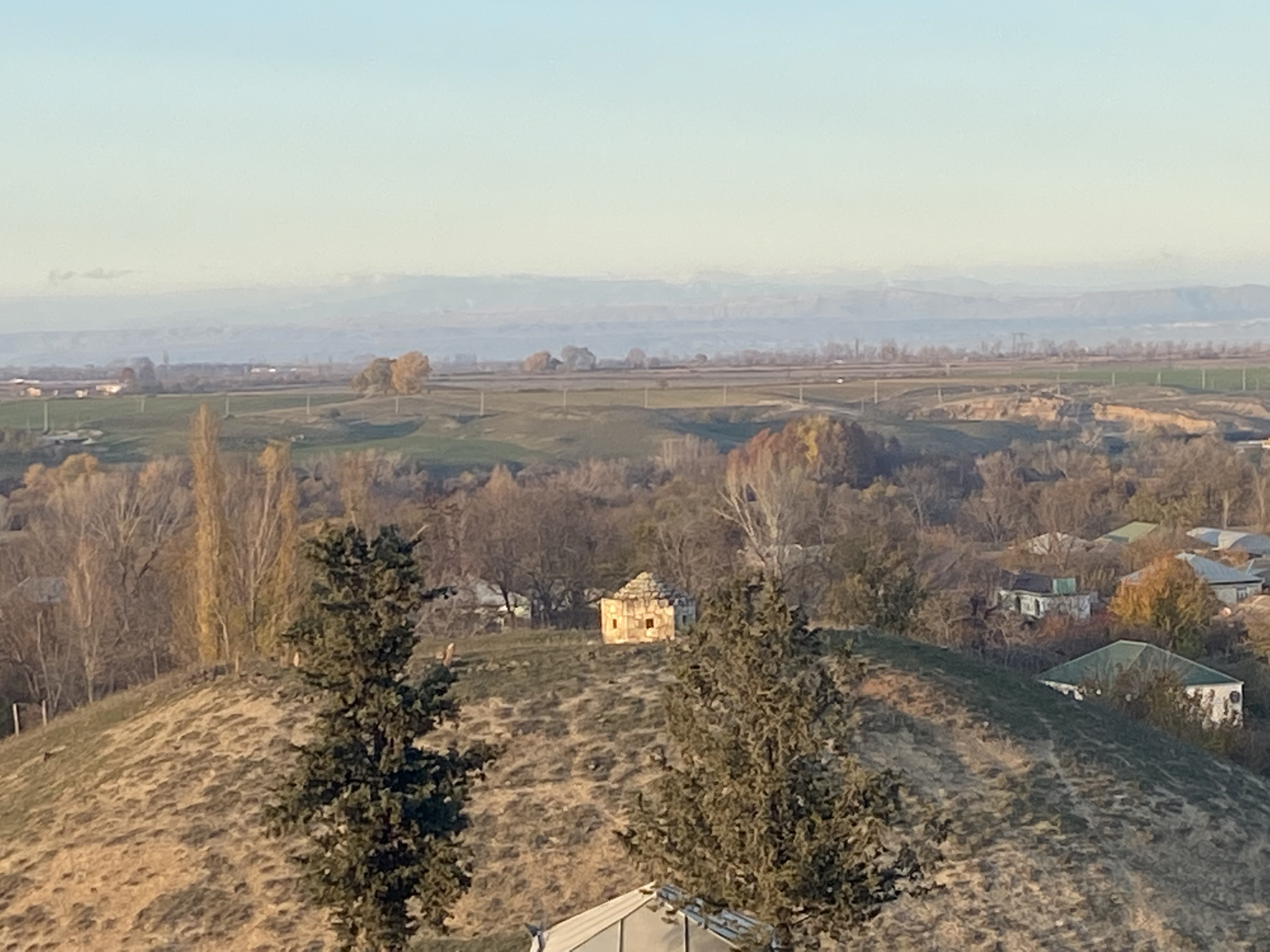
.jpg)
